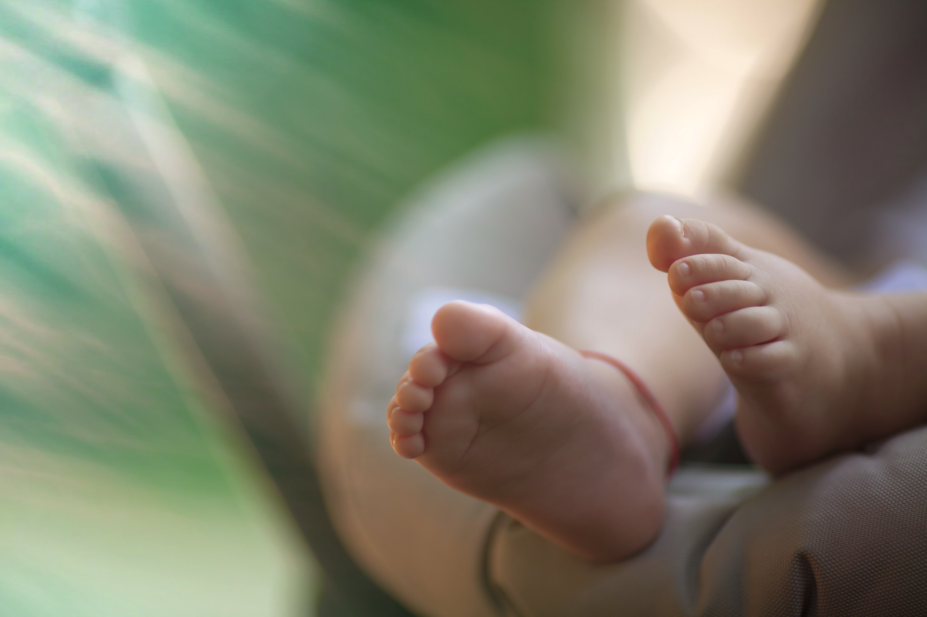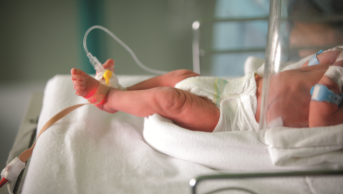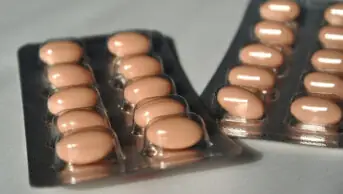
Shutterstock
Hypoglycaemia affects 15% of newborns and can cause brain damage. Early feeding is currently the only preventative measure.
As such, researchers wanted to examine whether rubbing the inside of the cheek of at-risk newborns (infants of diabetics, preterm babies and small and large babies) with 40% dextrose gel would help prevent the condition.
The team assigned 416 newborns to placebo or to a 200mg/kg or 400mg/kg single dose of dextrose gel at one-hour old. Some also received three 200mg/kg doses in their first 12 hours.
Reporting their findings in PLoS Medicine
[1]
(online, 25 October 2016), the researchers discovered that newborns given any dose of dextrose gel were less likely to develop hypoglycaemia than those who received placebo (relative risk 0.79; 95% confidence interval 0.64–0.98; P =0.03).
They also point out that most of the patients in the trial were babies of mothers with diabetes, so their findings may not be as applicable to babies from other risk groups.
References
[1] Hegarty JE, Harding JE, Gamble GD et al. Prophylactic oral dextrose gel for newborn babies at risk of neonatal hypoglycaemia: a randomised controlled dose-finding trial (the Pre-hPOD Study). PLoS Medicine. doi: 10.1371/journal.pmed.1002155


